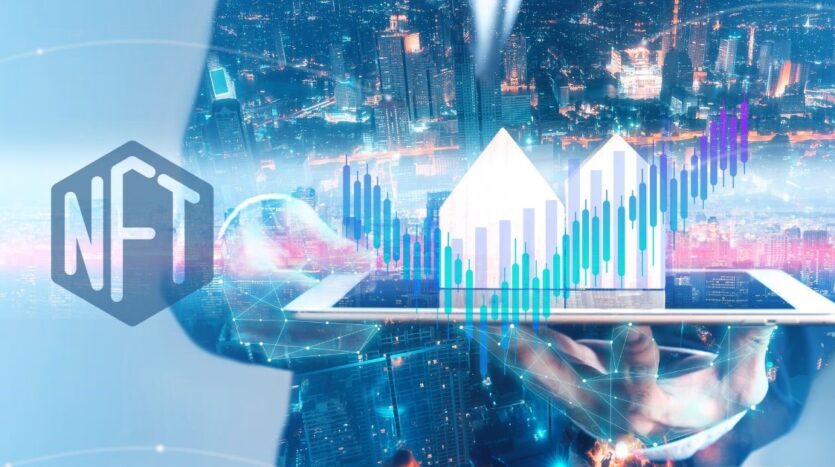How NFTs Are Transforming Real Estate
The real estate industry has clung to the outdated system— burdensome documentation, several intermediaries, and a purchasing procedure that extends for months. It’s a long-established industry that resists change and is not easily disrupted.
However, a technology revolution has been turning the tide with quicker transactions at lower rates and a more straightforward manner of selling and owning real estate. The turning point of this change has been the advent of NFTs.
What Is the Relationship Between an NFT and Real Property?
If you have been in the digital asset space for some time, you definitely know about NFTs (non-fungible tokens) and probably associate them with virtual artwork or collectibles. But still, the real strength of the NFT space goes much further than that. Basically, NFTs are unique digital possessions that appear on a Blockchain and act as a record of digital ownership. Today, this aligns perfectly with real estate.
Instead of relying on paper deeds, traditional contracts, and slow-moving transactions, a property can be turned into an NFT. That NFT represents ownership, allowing the property to be bought, sold, or even divided into shares with just a few clicks.
Think about it: Instead of needing a huge amount of money to invest in real estate, someone could own a fraction of a property, just like buying stock in a company. With tokenization, multiple investors could hold shares in the same property, lowering the financial barrier to entry.
Why This Changes Everything
Real estate NFTs solve some of the biggest frustrations in the industry. Transactions become nearly instant, eliminating the need for banks, agents, and endless paperwork. Buyers and sellers connect directly, cutting out expensive intermediaries. Everything is recorded on the Blockchain, reducing fraud and disputes.
Beyond that, property becomes more liquid—meaning it can be bought or sold faster. Traditionally, real estate is illiquid; selling a house can take months. With NFTs, an owner could sell their share of a property in a matter of minutes, much like trading stocks.
The Challenges Holding NFTs Back
Of course, this is still a new concept, and it’s not without hurdles. One of the biggest concerns is regulation. Laws on property ownership weren’t designed with digital assets in mind, and legal frameworks have yet to catch up. Right now, there’s uncertainty about how NFT-based property rights hold up in court.
Also, there is the aspect of trust. Property investment is among the most important financial choices an individual makes. Most people still feel uncertain about adopting digital ownership and are concerned about cybersecurity threats, market fluctuations, and the dependability of Blockchain transactions.
The NFT sector has experienced numerous scams, and although Blockchain technology is secure, the marketplaces facilitating these transactions must demonstrate their reliability.
Where Do We Go from Here?
Despite these challenges, real estate supported by Blockchain is already gaining momentum. Businesses such as Propy, RealT, and Lofty AI currently offer properties for sale as NFTs. Substantial transactions have already occurred, demonstrating that this isn’t merely a concept of the future—it’s happening presently.
As the legal aspects clarify and more investors recognize the potential, NFT-driven real estate deals may become the new norm. Acquiring a house might not require heaps of documents and prolonged delays—it could be as straightforward as buying an NFT. The big question is: will you be ready when the market shifts?
#RealEstateNFTs #BlockchainRealEstate #PropertyTokenization #DigitalOwnership #NFTInvesting #SmartContracts #FractionalOwnership #TokenizedAssets #FutureOfRealEstate
Image Source: Adobe StockDisclaimer:This article is for informational purposes only and should not be considered legal, tax, investment, or financial advice.

